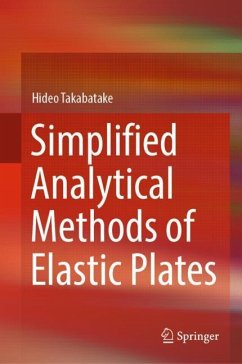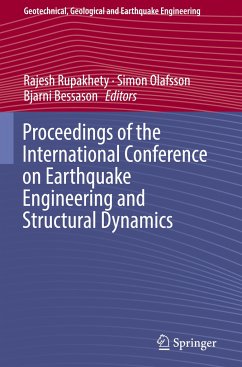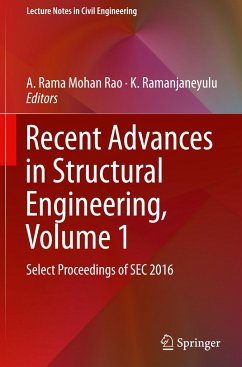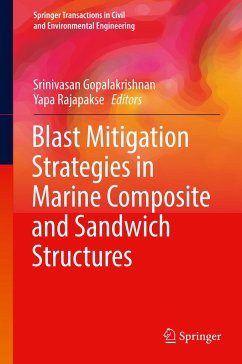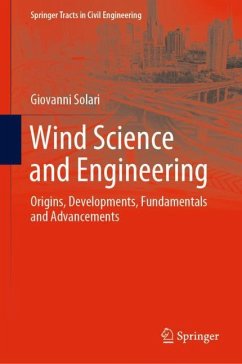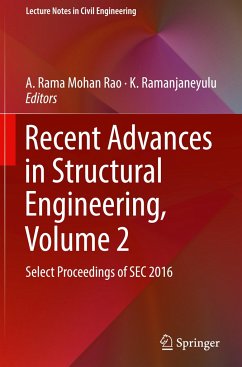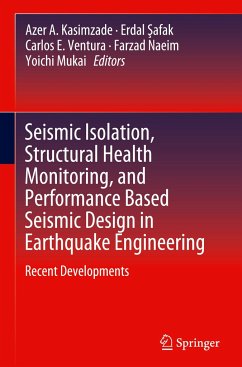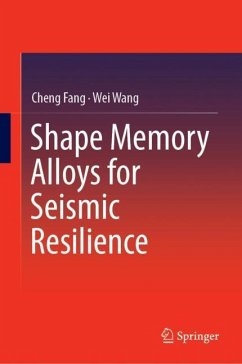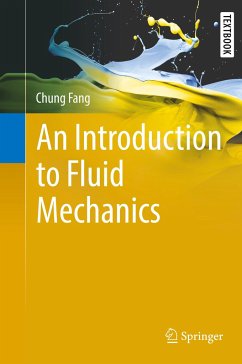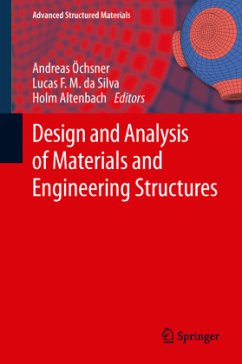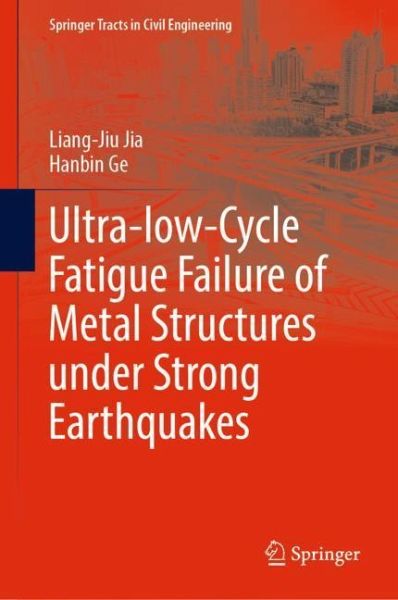
Ultra-low-Cycle Fatigue Failure of Metal Structures under Strong Earthquakes

PAYBACK Punkte
53 °P sammeln!
This book presents experimental results and theoretical advances in the field of ultra-low-cycle fatigue failure of metal structures under strong earthquakes, where the dominant failure mechanism is ductile fracture. Studies on ultra-low-cycle fatigue failure of metal materials and structures have caught the interest of engineers and researchers from various disciplines, such as material, civil and mechanical engineering. Pursuing a holistic approach, the book establishes a fundamental framework for this topic, while also highlighting the importance of theoretical analysis and experimental res...
This book presents experimental results and theoretical advances in the field of ultra-low-cycle fatigue failure of metal structures under strong earthquakes, where the dominant failure mechanism is ductile fracture. Studies on ultra-low-cycle fatigue failure of metal materials and structures have caught the interest of engineers and researchers from various disciplines, such as material, civil and mechanical engineering. Pursuing a holistic approach, the book establishes a fundamental framework for this topic, while also highlighting the importance of theoretical analysis and experimental results in the fracture evaluation of metal structures under seismic loading. Accordingly, it offers a valuable resource for undergraduate and graduate students interested in ultra-low-cycle fatigue, researchers investigating steel and aluminum structures, and structural engineers working on applications related to cyclic large plastic loading conditions.



